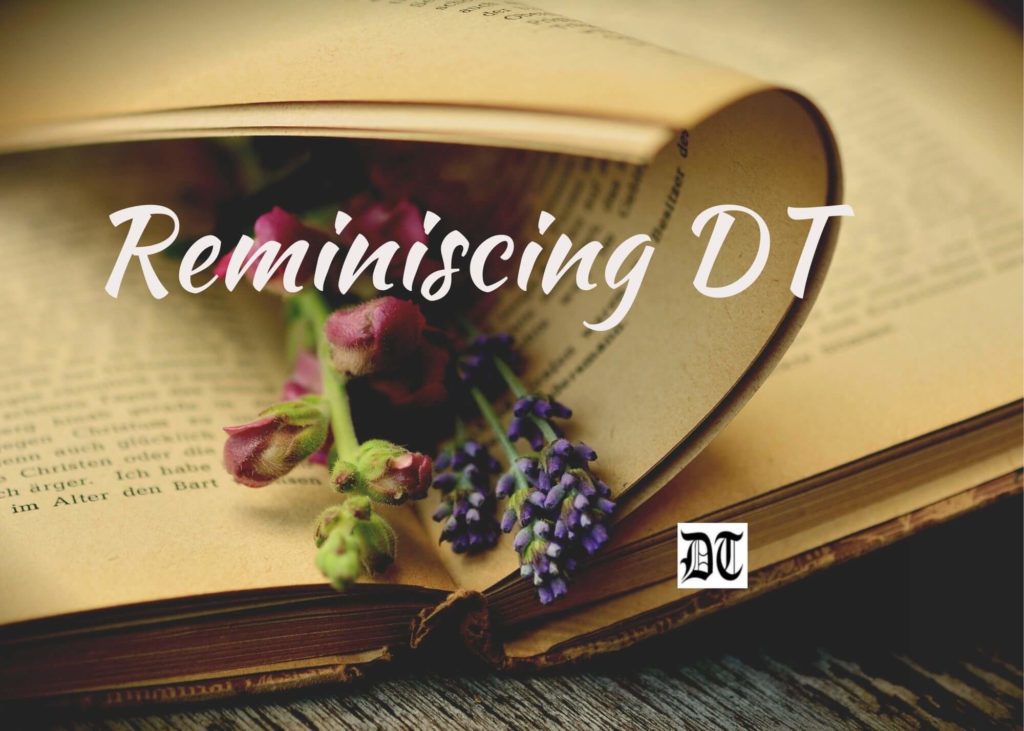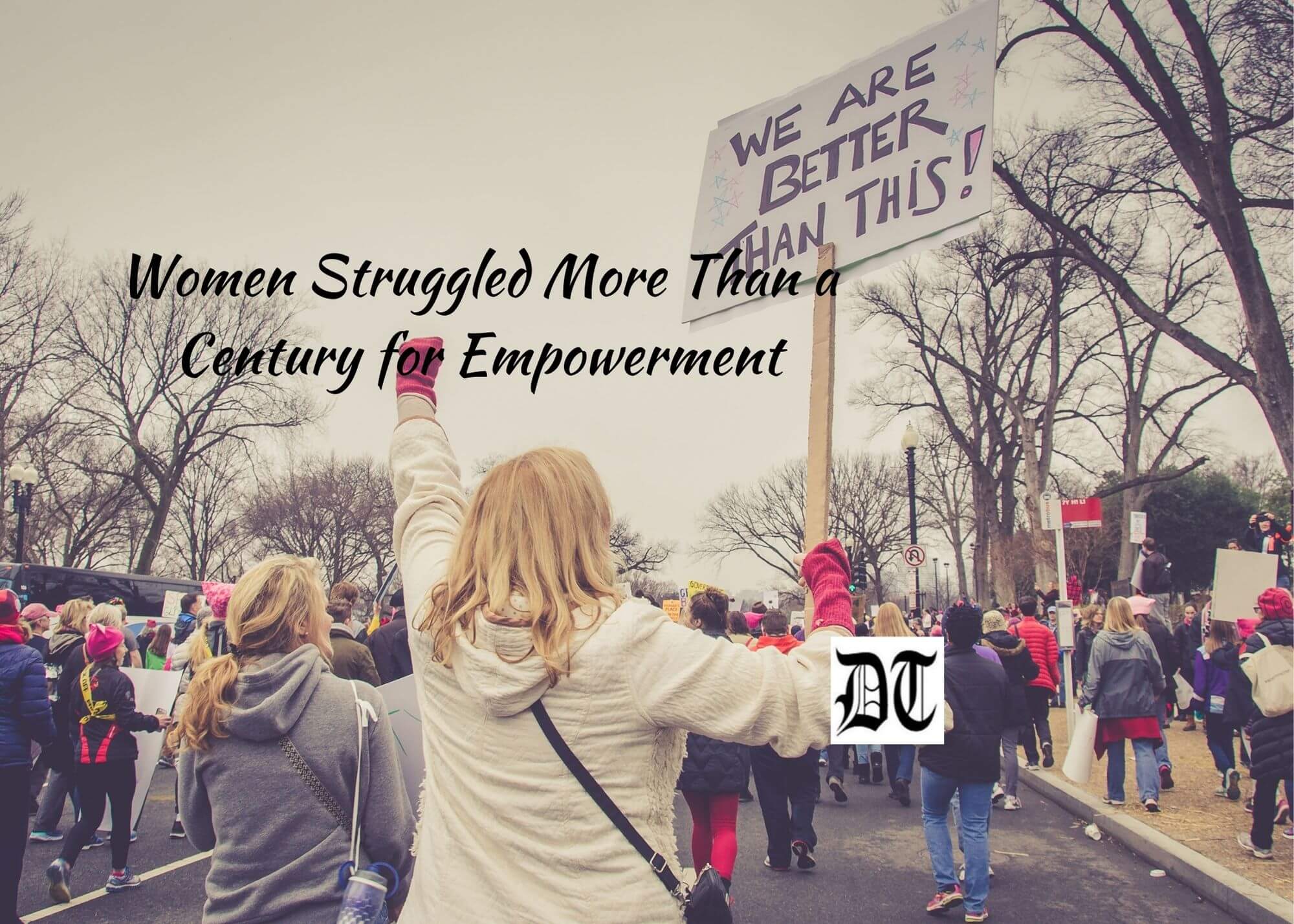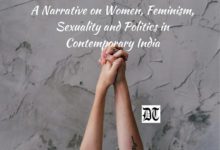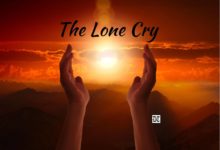In Copenhagen, 1910, at the Second International Conference of Working Women, German activist Clara Zetkin raised a vote, supported by women from 17 nations, to organise an International Working Women’s Day. In 1912, nine years after “Give me your tired, your poor…” was engraved on the pedestal plaque of the Statue of Liberty, after poor women desperate to earn enough to feed their families burned to death in the Triangle Shirtwaist Factory fire, Rose Schneiderman launched the “bread and roses” phrase while organising against sweatshops. In 1913, working women in Russia were arrested for attending a forum on “The Woman Question.” And in 1917, driven by hunger, cold, the endless losses of war, women — peasants, workers, wives of soldiers — marched in the streets, raising the torch for “Bread” and “Peace.” In 1977, the United Nations invited member states to celebrate International Women’s Day together, on March 8, consolidating efforts to raise awareness of women’s issues worldwide. In 2001, International Women’s Day went online, with a sponsored website, and an annual campaign theme. The theme for this #IWD2017 is #BeBoldForChange. Michele recapitulates the over 100-year struggle of women to form and assert their collective identity, as the lead article, of the special feature on International Women’s Day, exclusively for Different Truths.

…A mighty woman with a torch, whose flame
Is the imprisoned lightning, and her name
MOTHER OF EXILES. From her beacon-hand
Glows world-wide welcome; her mild eyes command
The air-bridged harbor that twin cities frame.
“Keep, ancient lands, your storied pomp!” cries she
With silent lips. “Give me your tired, your poor,
Your huddled masses yearning to breathe free,
The wretched refuse of your teeming shore.
Send these, the homeless, tempest-tost to me,
I lift my lamp beside the golden door!”
Excerpt from “The New Colossus” Emma Lazarus
(Sonnet, 1883; Statue of Liberty plaque engraving, 1903)
Women’s Day has been held annually since the first National Women’s Day was organised on 28 February, 1909, in New York, within sight of the Statue of Liberty, to commemorate the 1908 strike of 15,000 women garment workers, many of them immigrants, working in sweatshops under horrible conditions.
As women, children, and even men continue to do, in so many places in the world today.
In Copenhagen, 1910, at the Second International Conference of Working Women, German activist Clara Zetkin raised a vote, supported by women from 17 nations, to organise an International Working Women’s Day. In 1912, nine years after “Give me your tired, your poor…” was engraved on the pedestal plaque of the Statue of Liberty, after poor women desperate to earn enough to feed their families burned to death in the Triangle Shirtwaist Factory fire, Rose Schneiderman launched the “bread and roses” phrase while organising against sweatshops:
“What the woman who labors wants is
The right to live, not simply exist…
The right to life, and the sun and music and art…
The worker must have bread,
But she must have roses, too”
Rose Schneiderman
In 1913, working women in Russia were arrested for attending a forum on “The Woman Question.” And in 1917, driven by hunger, cold, the endless losses of war, women — peasants, workers, wives of soldiers — marched in the streets, raising the torch for “Bread” and “Peace.”
As women, children and men continue to march, in groups large and small, across the world today.
In 1977, the United Nations invited member states to celebrate International Women’s Day together, on March 8, consolidating efforts to raise awareness of women’s issues worldwide. In 2001, International Women’s Day went online, with a sponsored website, and an annual campaign theme. The theme for this #IWD2017 is #BeBoldForChange .
But what is change? Is there a “magic pill” that can inspire change, or make something exciting, something tragic, something wonderful, happen in almost every life? Something like the blue and red pills of The Matrix, or like “Mother’s Little Helper,” aka Miltown, which in the mid-1950s was “the only prescription available”? Is there one region or zone which needs change, one gender alone on our shared planet that hopes for change?
There are forgotten corners where education is sub-standard (if available at all), where poverty, crime, ill health, high mortality rates, and lack of opportunity are rampant—as there have been throughout history, in every nation, every culture. On International Women’s Day we may gather to highlight the struggles, aspirations and accomplishments of women, we may call for solidarity, across lands and across the internet, for all the 99% to achieve better lives — lives with freedom, with happiness, with health, secure, and sustainable, and in accordance with those basic rights to which the United Nations has proclaimed we are all entitled.
Does association with groups, even organisations as vaunted as the United Nations, give more credence to these rights, to the challenges of life, to the dreams and aspirations of each individual woman, man, or child?
As there is no “magic pill” (except in story books, movies, and other media), there is no “magic bullet” and no “magic assembly” which can take the place of our own abilities, our strength, our determination. If we are to “Be Bold For Change,” we must identify the challenges which face us. We must identify solutions within our grasp as individuals, and opportunities to achieve greater solutions when we work together. We come from many nations, many cultures, many beliefs, creeds, and choices. We share a common bond as humans, but that does not give us humanity. We call our species “human kind,” but that does not give us kindness.
We, you, I, women, men, our children — who watch us, learning and growing each day of their lives — must, ourselves, strive to make the parts of the world which we occupy, which we borrow for our existence, better. We must, ourselves, choose to make those changes which can make a difference for individuals, and for humanity.
The Statue of Liberty which stands over the waters bordering New York is in the form of a woman. The Statue is not an idol, it is a symbol—of the light of freedom, intellect, and industry; of compassion; of fierce independence; of the potential to conceive and nurture life; of endless, work- and worry-filled days and nights striving to feed, clothe and shelter families; of so many things that men and children also share—including the seeking of refuge from the sorrows and horrors of calamity, of war.
Is there a “Golden Door” anymore? Is there any one land, any one nation of limitless opportunity, to which all others, longing, thronging, flock? With the advent of the internet, with more access to education, communication, and exchange, slowly, surely, we are opening many more doors to a decent life—even if those doors are not necessarily “golden” for 99% of us. Perhaps, after all, “golden” does not refer to wealth, to possessions and assets which are obsolescent.
I was not around when Emma Lazarus wrote her sonnet “The New Colossus,” but, perhaps the “golden door” refers to something more lasting in value—to a doorway between a life of hardship, of poverty, of exclusion, to a life of humanity, of equality, of tolerance and respect, of understanding and compassion.
Just as the Woman of the Statue is not an idol, we, the women of the world today, are neither idols, nor are we idle—we take up the torch lit by our mothers and sisters throughout history; we stand shoulder to shoulder with our fathers and brothers; we teach our children… what?
Yes, we teach, and may hold dear our traditions and cultures, the best of our arts, our histories, our achievements—but also, we stand at a threshold, a door just beginning to open, which might lead only to another locked room of indifference, deprivation, and destructive exclusion…
Or the door might open to a realm of possibility and empowerment, where humans can be more than a voraciously proliferating species, and might attain those heights of responsibility, choice, and action which enable us to achieve the ‘humanity’ of which we have had such tantalizing glimpses throughout our history on this planet.
International Women’s Day, itself, is a symbol, one day, each year, dedicated to raising awareness. But we can move beyond limitations of gender, of calendar. We can find the gold within ourselves — each woman, man, and child; we can open the doors to humanity, or nail them closed through our lack of vision, though our reluctance to change.
Pictures design by Anumita Roy, Different Truths





 By
By

 By
By
 By
By